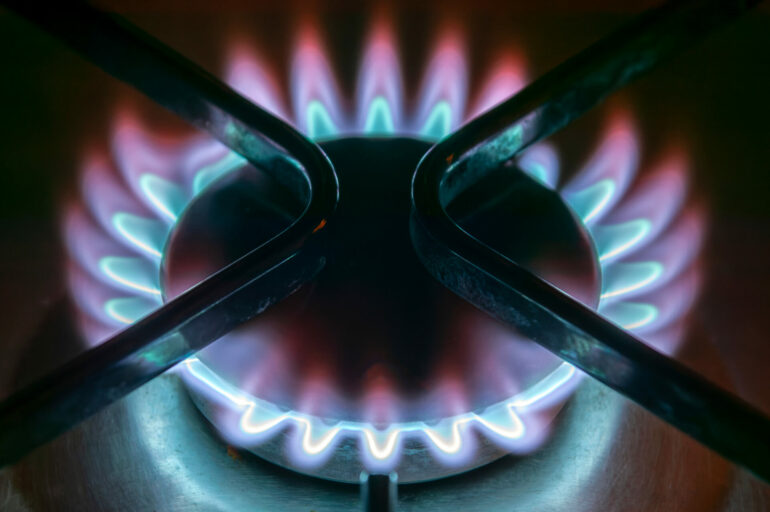On the eve of the Bank of England’s next Monetary Policy Report (MPR), the Resolution Foundation has published new analysis – In the dread of winter – looking at how the outlook for inflation has changed since the last MPR in May. The briefing finds that:
It found that contrary to many reports, global commodity prices have fallen substantially over recent months, with sterling oil prices 7% below their 2022 peak. Some commodities have had even larger falls, with lumber prices 61% below their 2022 peak. This, it said, will reduce global inflationary pressures.
But – for the UK – gas prices are wiping out any good news from other commodities. Current expected gas prices for winter 2022-23 are close to 50% higher than they were in the aftermath of the Russian invasion of Ukraine.
As a result, the Bank of England is likely to have a higher and later peak for inflation in its new forecasts this week.
At the last MPR in May, the Bank thought that inflation would peak in Q4 2022 at around 10%. The impact of the rising energy price cap means it is now plausible inflation could rise to 15%in Q1 2023.
There’s huge uncertainty about the longer-term path for inflation, but hopes that it will fall back to low levels by end of 2023 would require normalisation of monthly price changes in the near future – which looks increasingly unlikely.
Jack Leslie, senior economist at the Resolution Foundation, said: “The outlook for inflation is highly uncertain, largely driven by unpredictable gas prices, but changes over recent months suggest that the Bank of England is likely to forecast a higher and later peak for inflation – potentially up to 15% in early 2023.
“While market prices for some core goods – including oil, corn and wheat – have fallen since their peak earlier this year, these prices haven’t yet fed through into consumer costs and remain considerably higher than they were in January.
“With gas prices continuing to reach record levels, both households and businesses will see large increases in their energy bills throughout the winter and into 2023. How long this high inflation will last is hugely uncertain, but the cost of living crisis looks set to last longer and hit households harder than previously anticipated.”



